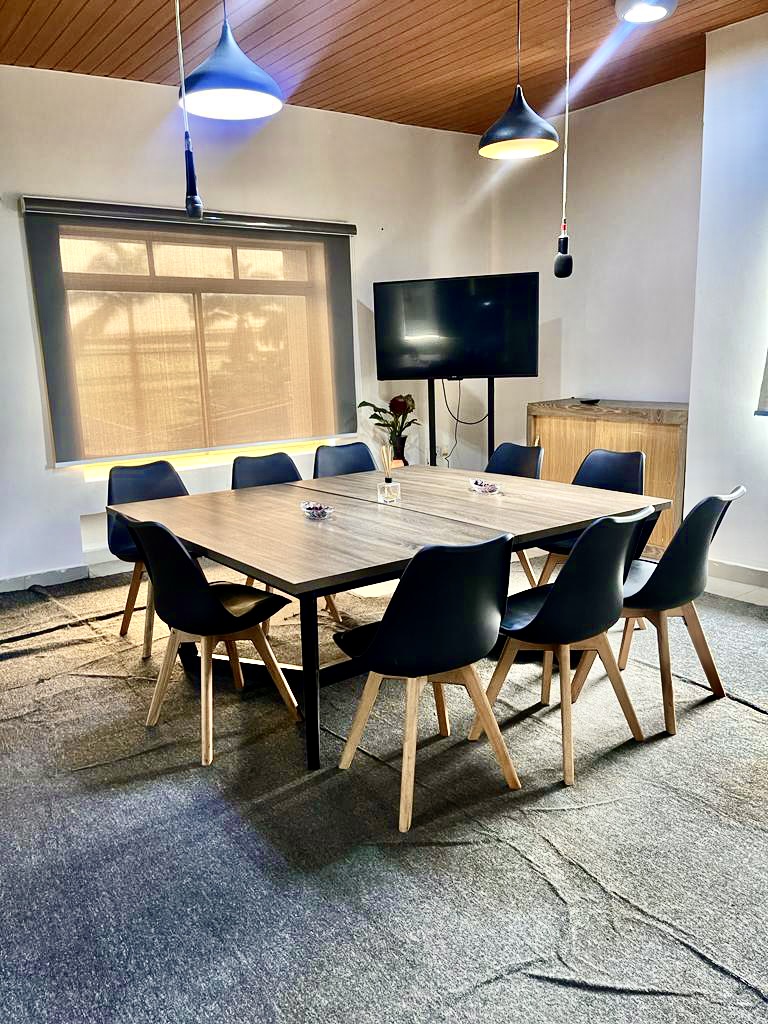Focus Group in Africa

What is a focus group?
A focus group is, above all, a qualitative research method. It refers to a controlled group interview of a target audience, usually 10 or fewer individuals, led by a facilitator. Interviewees are selected by demographic variables and a series of questions or topics will be covered in the discussion. Participants may also be asked to try a new product or sometimes react to a particular show or film they have just viewed. The results are studied and may be representative of the larger market population and can be used to guide the company`s marketing efforts.
Advantages of a focus group in Africa
A focus group is a useful method. It can be used to measure the reaction of customers towards a company`s new product or other things related to the company`s strategy. As focus groups usually provide immediate opinions for the improvement of particular products or concepts, it is efficient for market researchers in Africa and companies to get first-hand primary data, summarizing customers` priorities and offering recommendations. The data helps companies to judge requirements of the end users as well as other needs that have not been addressed by the company and its competitors. In addition, focus groups provide in-time insights on the current stage during product development or customers` opinions based on their understanding of the company`s competitors.
Focus group to better understand the cultural context in Africa
What is more, focus groups in Africa can be the most appropriate method for researching particular types of questions. Direct observation is suited to the study of African attitudes and experiences when African customers tap into their individual biographies. The method is very useful for examining how knowledge and ideas develop and operate within a given cultural context so that market researchers can have a better understanding of how these attitudes and experiences are constructed within an African cultural context.
Webhaptic Intelligence is leader of a focus group in Africa
The discussion should be developed according to the agenda. It is the researcher`s responsibility to decide which topics he wants to hear about, to lead the discussion on the direction, and to manage the group dynamics. Webhaptic Intelligence offers a good plan for discussions that can create a merger between the researcher`s interests and those of the participants.
Meanwhile, Webhaptic Intelligence also emphasizes effective interactions among respondents when carrying out a focus group interview to achieve better results. We have highlighted respondents` attitudes, and priorities and encouraged them to generate their own questions and develop their own analysis of common experiences. Generally, it helps to facilitate the expression of ideas that might be left underdeveloped in an interview and to illuminate the research participants` perspectives through the debate within the group. Interactions help to identify group norms and cultural values as well as encourage open conversation about embarrassing subjects and to permit the expression of criticism.
In high-quality focus groups, we did before, we found that focus groups work best when what interests the researcher is equally interesting to the participants. And our researchers managed to do some role-playing, that is, to think about what they would like to say about this topic and how would they like to be treated in the discussion. And the final report can always capture some of the excitement of the original conversations.
To obtain a quote or proposal for Focus Group in Africa, send an email to info@webhaptic.com or complete the form below.
